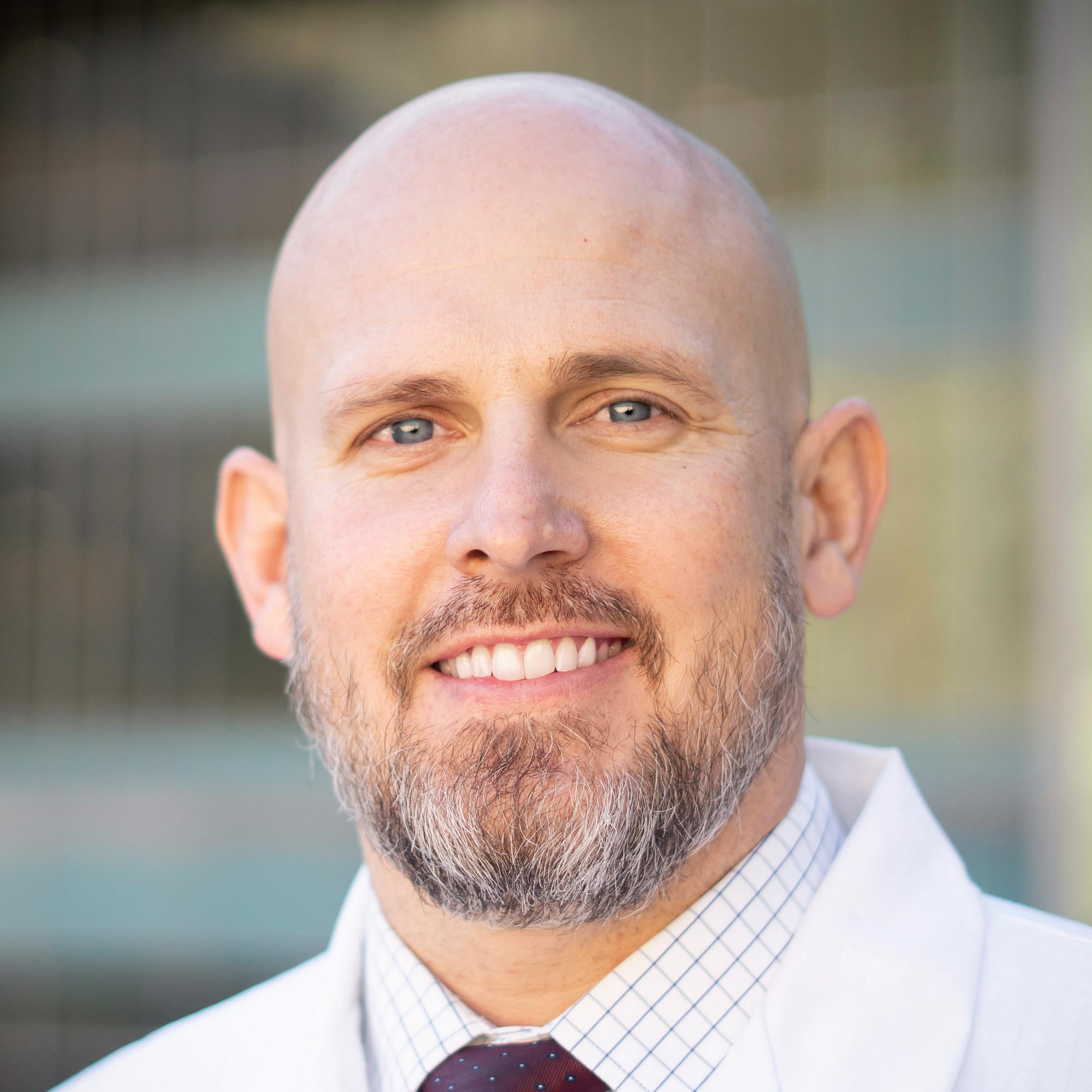
Johnson Lab Research

Johnson Lab Research
Utah cancer patients diagnosed with curable cancers have access to some of the most advanced treatment options in the world. Huntsman Cancer Institute and Intermountain Cancer Center provide these cancer services to >85% of cancer patients. Previous research has shown that patients with curable cancers who forgo recommended curative intent treatments—such as surgery, radiotherapy, and modern systemic therapies—and instead pursue alternative approaches are more likely to die than those pursuing conventional therapies. These non-standard treatment decisions result in a worse survival for cancer patients overall and particularly those cancers that have the highest mortality in the state of Utah, including lung, colorectal, and breast cancers. Furthermore, cancer patients in the region that includes Utah are more than three times as likely to select alternative treatments than patients in the northeast and southeast, but the reason for this geographic trend is unclear. If we can understand why Utahns may be more inclined to pursue complementary and alternative medicines, we could potentially design an educational program that could reduce death in this population of curable cancer patients by up to fivefold.
Current research focuses on a survey of adult cancer patients within the state of Utah to gain a better understanding of what potential complementary or alternative medicine therapies cancer patients may be using, how they learned about them, and what their opinions are regarding these therapies.
The long-term goal is to expand the study protocol to obtain a national sample to understand how use varies across the nation (regions, urban vs. suburban vs. rural) and the factors that contribute to the use of complementary and alternative medicines supported with extramural funding.
Dr. Johnson’s research team is also studying the accuracy of online information cancer patients encounter through social media. The internet is a leading source of health misinformation, where false information spreads faster and more broadly than similar fact-checked information. Health misinformation threatens public health and urgently needs to be addressed because it hinders the delivery of evidence-based medicine, negatively affects the quality of patient-physician relationships and can result in increased risk of death. As patients turn to social media for health information, decreasing belief in misinformation has become a critical public health goal. This is especially the case in cancer care, where the use of unproven therapies for cancer is associated with decreased survival. Despite this, a 2018 survey by the American Society of Clinical Oncology (ASCO) showed that nearly four in ten Americans believe cancer can be cured by unproven therapies alone. Therefore, Dr. Johnson’s team is leading a novel study to quantify the accuracy of cancer treatment information on social media and its potential for harm, and to determine how online engagement differs for factualness and potential for harm.
Previous Studies
Exposure and Use of Complementary and Alternative Medicines by Adult Cancer Patients: A Multi-Institutional Study
This study included adult cancer patients over the age of 18 who have previously had or currently had a cancer diagnosis. Patients completed a single survey which included questions about age, gender, socioeconomic status, education, religious affiliation home location, cancer type and stage, other comorbidities, treatment information, exposure to complementary or alternative medicines for cancer, the sources of non-traditional cancer treatment, whether they use these therapies, and if applicable, which non-traditional cancer treatments are used and for what purpose, the timing of non-traditional treatments compared to standard therapies, and their perception of the complementary and alternative medicines used.
If you have any questions about our research, please contact Ann Worthen, Study Coordinator, at ann.worthen@hci.utah.edu.
Support the Skyler Johnson Lab
Support my lab and other lifesaving research at Huntsman Cancer Institute.
